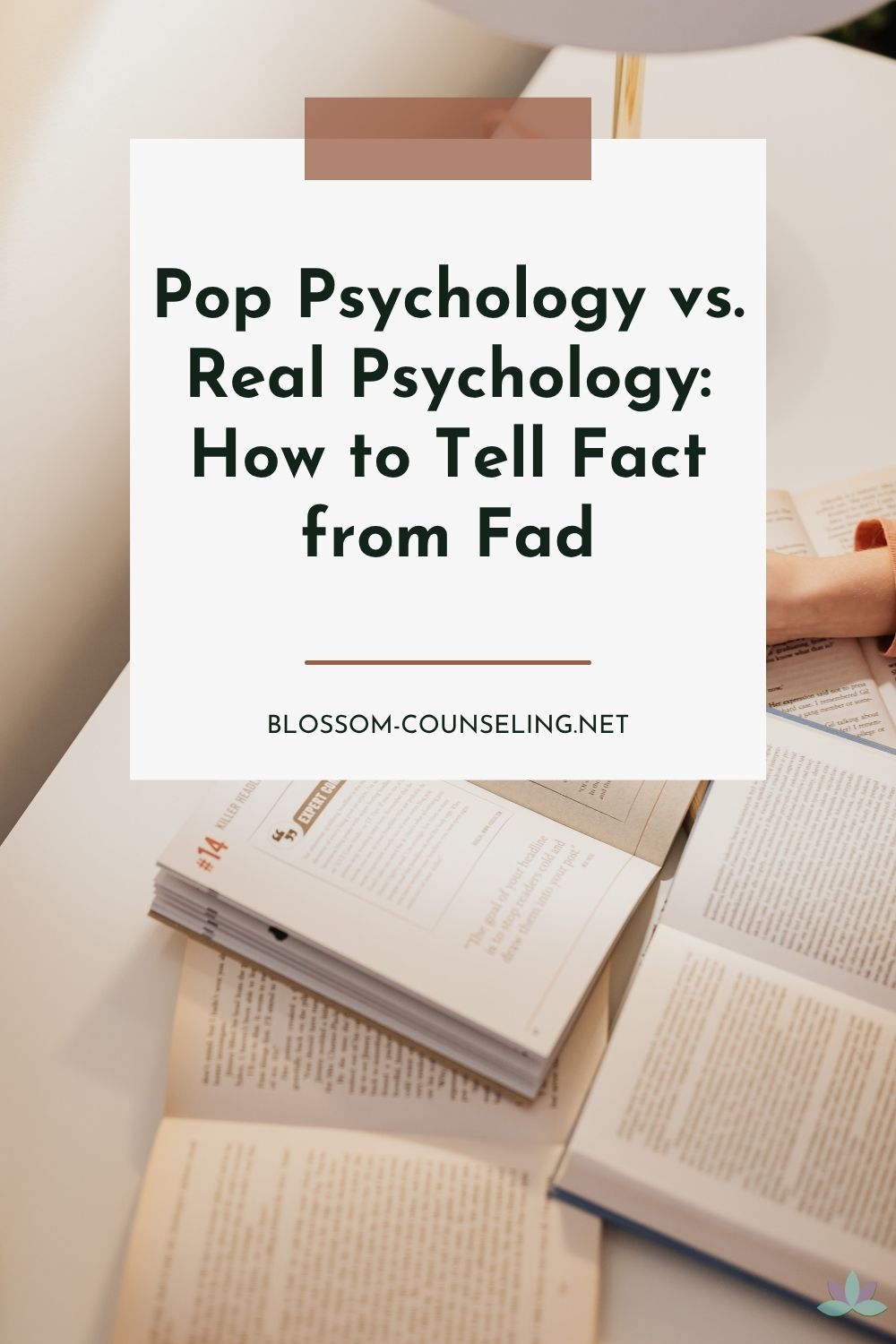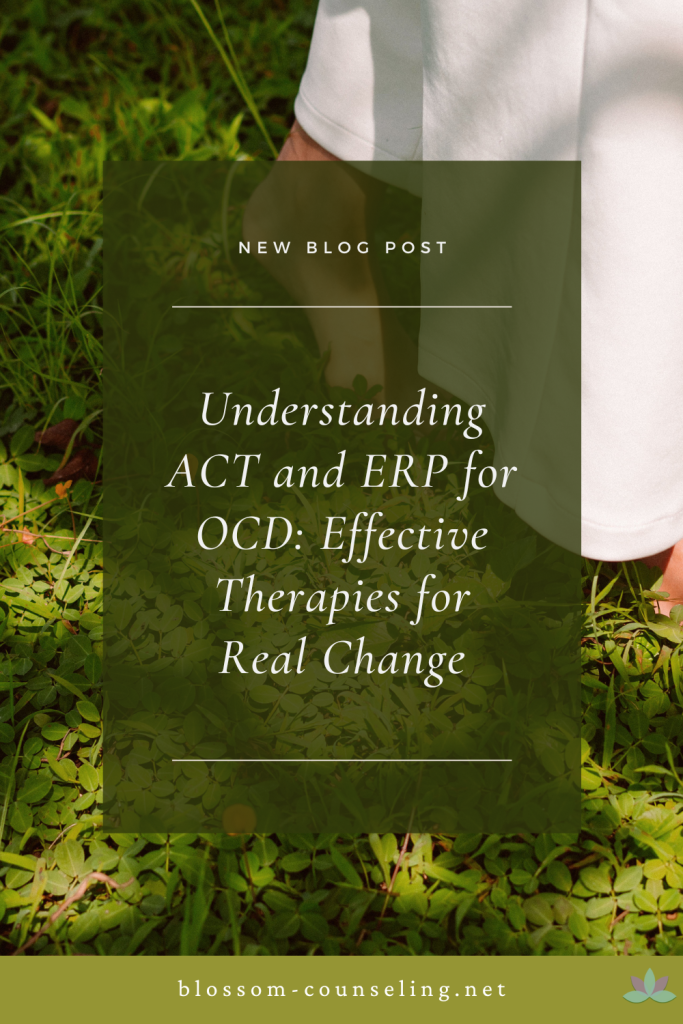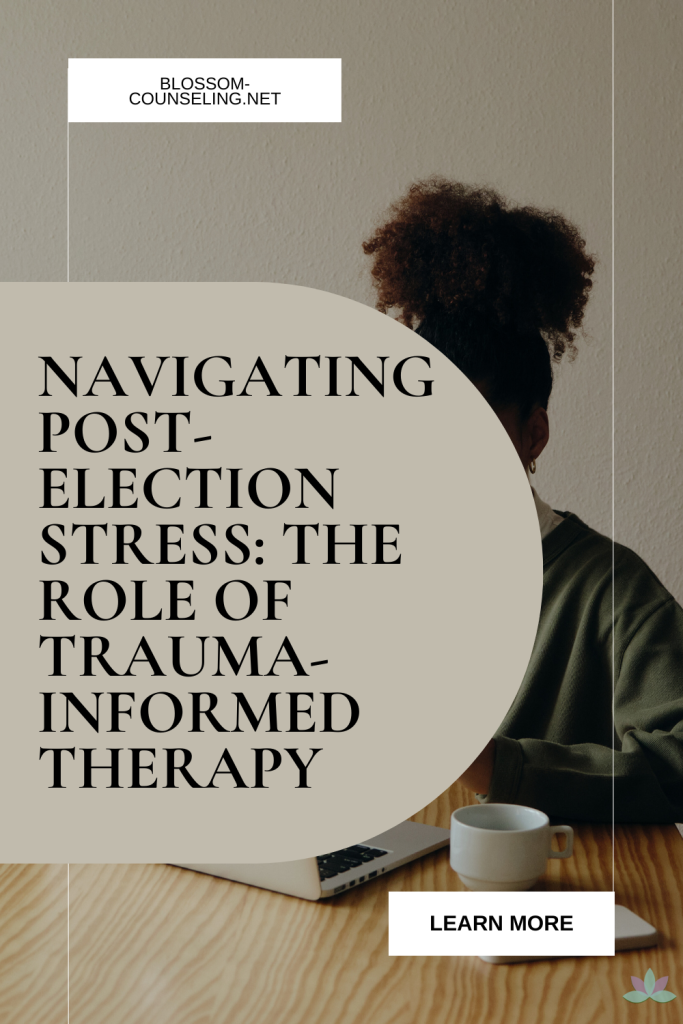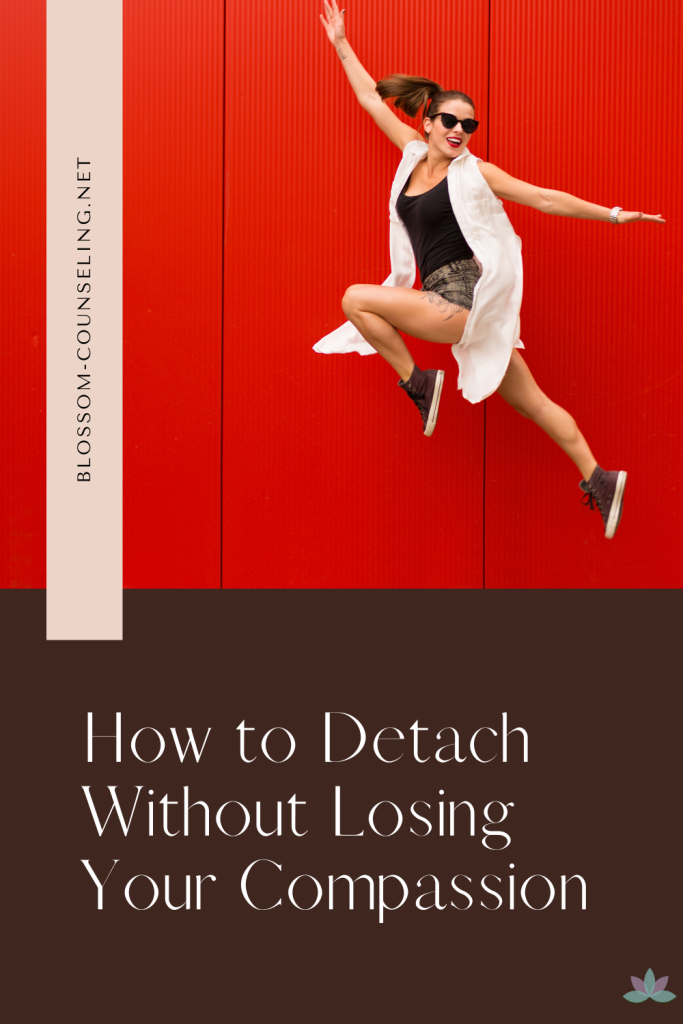
You’re scrolling TikTok, and a video pops up: “If your partner does this, it means they’re secretly a narcissist.” Intrigued, you keep watching, nodding along as you recognize patterns in your own life—or at least think you do. Pop psychology has a way of pulling us in, promising quick insights into complex human behavior. But is it really psychology? Or is it just catchy, oversimplified ideas dressed up as mental health advice?
Let’s unpack what separates pop psychology from actual psychology—and why knowing the difference matters.
What Exactly is Pop Psychology?
Pop psychology is like the TikTok influencer of the psychology world: entertaining, charismatic, and highly shareable—but often superficial. You’ll find it in viral articles like “5 Signs Your Partner Is a Narcissist” or Instagram posts diagnosing personality traits based on your favorite coffee drink. It’s the kind of psychology that shows up everywhere, from magazine quizzes to viral TikTok videos.
While pop psychology can be fun and relatable, it often relies on simplified or exaggerated versions of real psychological concepts. It appeals to our desire for clear-cut answers, neat labels, and easy fixes. The problem? Humans and their brains are rarely that simple.
How Pop Psychology Falls Short
Real psychology—the kind practiced by trained, licensed professionals—recognizes the complexity and nuance of human behavior and mental health. Actual psychology involves careful observation, research-backed treatments, and evidence-based strategies. Therapists and psychologists understand that people can’t be neatly categorized, and mental health is rarely a one-size-fits-all scenario.
On the other hand, pop psychology thrives on generalizations. It can lead people to self-diagnose or misinterpret everyday behaviors as symptoms of larger issues. For example, labeling a friend “narcissistic” because they occasionally talk about themselves might overlook more nuanced explanations—like anxiety, insecurity, or simply having a tough day.
So, How Can You Tell the Difference?
Here are a few key things to keep in mind:
1. Credentials and Sources
Real psychology is grounded in research, backed by evidence, and conducted by qualified professionals. When someone with proper credentials shares mental health information, they usually cite studies or clinical evidence. Pop psychology, meanwhile, often makes bold claims without any credible sources.
2. Complexity vs. Simplicity
Real psychology acknowledges the complexity of mental health. Therapists and psychologists understand that human behavior is rarely black-and-white. Pop psychology oversimplifies, promising solutions like “10 Ways to Be Happier Tomorrow!” without acknowledging individual differences or circumstances.
3. Entertainment vs. Education
Pop psychology is often more about entertainment—delivering bite-sized, shareable content that resonates emotionally. Actual psychology aims to educate and empower people, promoting lasting growth and understanding rather than quick fixes.
How Pop Psychology Can Be Helpful (With Caution)
Despite its pitfalls, pop psychology isn’t all bad. It can introduce important concepts in an accessible way, breaking down barriers around mental health conversations. If a viral post about anxiety encourages someone to finally seek support, that’s wonderful! But it’s essential to follow that curiosity with real research and professional guidance rather than settling for quick assumptions.
Finding the Balance
Psychology is about more than catchy phrases or trends—it’s a nuanced field dedicated to understanding and improving human well-being. Enjoying pop psychology can be fun and engaging, but remember that behind every viral post is a deeper story worth exploring. Real mental health growth happens when you’re willing to dig a little deeper and embrace the beautiful complexity of being human.
Our team of compassionate therapists is here to help you find the support you need. We believe in a holistic approach, treating your mind, body, and spirit. With a blend of traditional and alternative therapies, we tailor your experience to meet your unique needs. At Blossom, we create a non-judgmental space where you can be your authentic self. Our goal is to empower you, amplify your strengths, and help you create lasting change. Together, we’ll navigate life’s challenges and help you bloom, grow, blossom! You deserve to become the best version of you.




